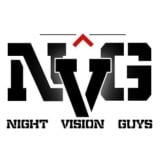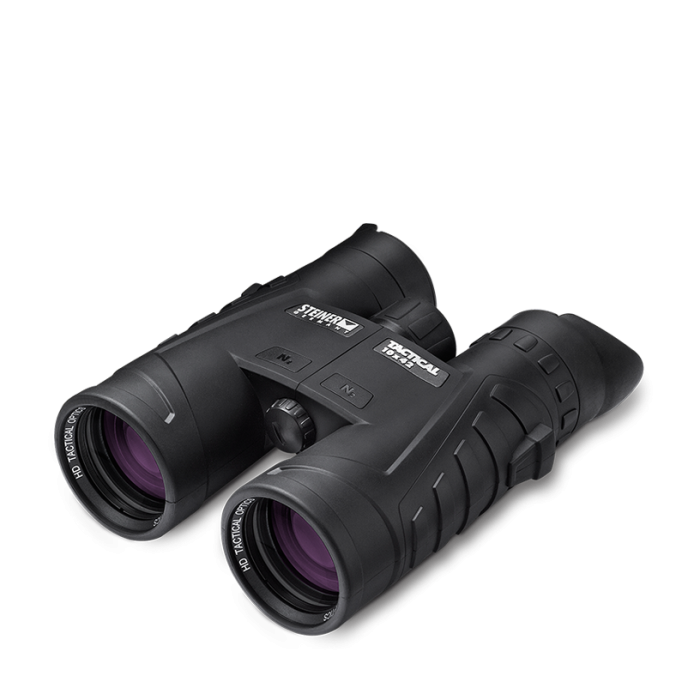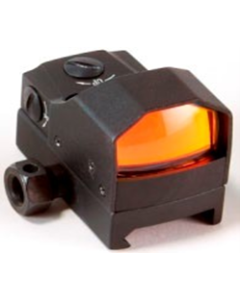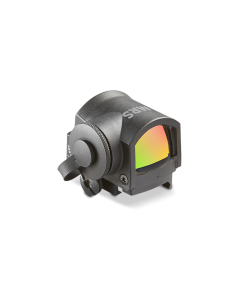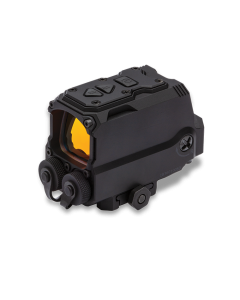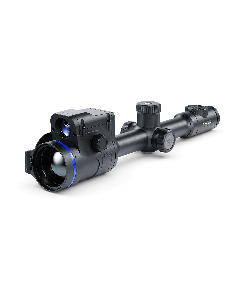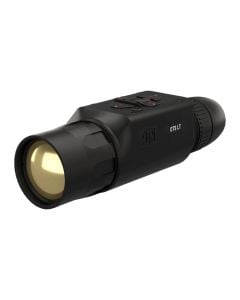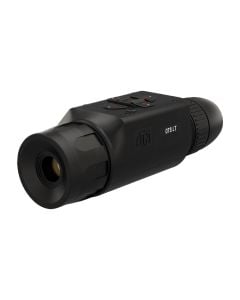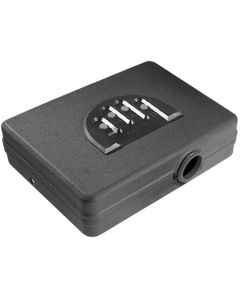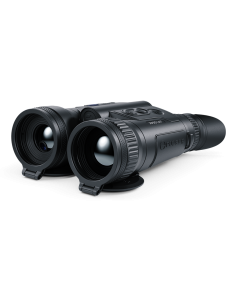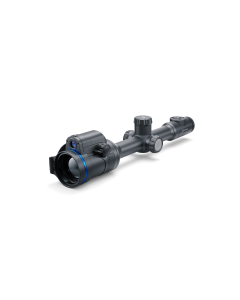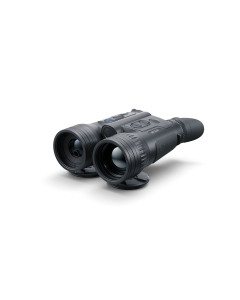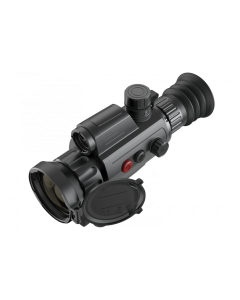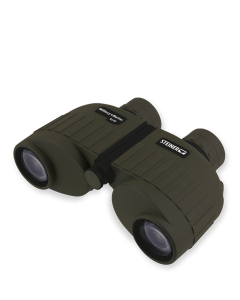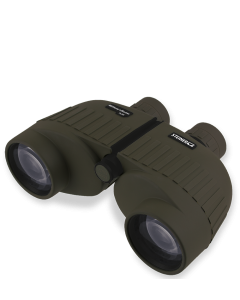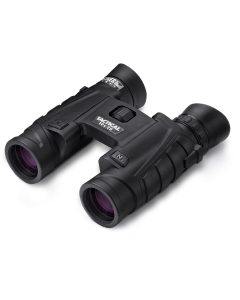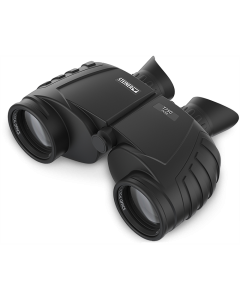

EXPORT POLICY AND EXPORT RESTRICTIONS INFORMATION
The U.S. Department of State’s Directorate of Defense Trade Controls, the U.S. Department ofCommerce’s Bureau ofIndustry and Security, and the U.S. Department of the Treasury’s Office of Foreign Assets Control administer export control regulations that affect some aspects of our business. We request that you (the “Customer”) read and familiarize yourself with the following regarding certain applicable export regulations.
The sale, transfer, transportation, or shipment outside of the U.S. of any product prohibited or restricted for export without complying with U.S. export control laws and regulations, including proper export licensing, documentation or authorization, is strictly prohibited and may result in civil penalties and/or constitute a federal crime. Night Vision Guys LLC will not engage in any transaction that requires the illegal export of any products and will not assist directly or indirectly with the illegal export or re-export of any products. If you should have any questions or require additional information regarding export regulations please contact our knowledgeable and experienced staff or contact the:
U.S. Department of Commerce
U.S. Bureau of Industry and Security
Office of Exporter Services
Website: http://www.bis.doc.gov
Department of State
Directorate of Defense Trade Controls
Response Team
Website: http://www.pmddtc.state.gov
We thank you for your cooperation in helping us safeguard against illegal exportation of Night Vision Guys LLC products.
EXPORT REGULATIONS
Export of night vision equipment and optical sighting equipment (including user manuals) is controlled either by the U.S. Department of State, Directorate of Defense Trade Controls, in accordance with the International Traffic in Arms Regulations (ITAR), Title 22, and Code of Federal Regulations Part 120-130 or the U.S. Department of Commerce, Bureau of Industry and Security, in accordance with the Export Administration Regulations (EAR), Title 15, Code of Federal Regulations Part 730-774.
Some of this equipment may require a license for export or re-export from the United States. Any export of equipment by Night Vision Guys LLC to a purchaser outside of the United States will be made in strict compliance with U.S. export control laws.
It is the purchaser’s responsibility to request and obtain any required export licenses for the subsequent export or re-export of the subject items, and to ensure that the requirements of all applicable laws, regulations and administrative policies are met. In addition, subsequent transfers of any products sold by Night Vision Guys LLC to individuals or entities on the List of Debarred Parties, Denied Persons List, Specially Designated Nationals List, Entity List, or Nonproliferation Sanctions List (collectively “Restricted Parties Lists”), as well as sales or transfers to Embargoed Countries, are strictly prohibited. It is the purchaser’s responsibility to verify whether any subsequent transferee is on any such Restricted Parties Lists, websites for which are set forth below.
LISTS OF PROHIBITED INDIVIDUALS, ENTITIES AND COUNTRIES
ITAR items and items marked for domestic sale only should only be used by party identified on the Night Vision Guys Sales Order/Invoice for use or resale in the U.S. only. Such items should not be exported, provided to foreign persons in the U.S. (including Foreign Embassies in the U.S.A.), or sold domestically for export by a third party (including U.S. Government agencies). If/when such items are resold, the original purchasing party must advise customers/end users of their duty to comply with U.S. export control regulations or face the possibility of severe criminal and civil fines including imprisonment if convicted. Furthermore if above mentioned items are resold or transferred in any way, the original purchaser must inform customers/end user(s) that if these items are lost, stolen or destroyed, they must report this fact to Night Vision Guys LLC and provide the date of the incident as well as the associated serial number of the item.
“U.S. Person” for this purposes is a U.S. citizen, lawful permanent resident as defined by 8 U.S.C.1101 (a) (20), protected individual as defined by 8 U.S.C. 1324b(a)(3)) and “US Company” as the company entity organized under the laws of the United States.
Diversion contrary to U.S. law is strictly prohibited.
Other Restrictions: Restrictions on the use of night vision with a weapon vary from state to state. You are strongly advised to learn these laws and adhere to them. Night Vision Guys LLC will not be held responsible for unlawful usage.
STEINER Tactical T1042 10x42 Binocular
The Steiner Optics reputation for combat-worthy performance, toughness and dependability was earned the hard way: in battlefield and tac ops situations around the world. These Steiner T1042 tactical binoculars reflect hard-won experience with features, ergonomics and visual excellence that are unsurpassed anywhere, and rugged reliability that can survive anything. Whether you need a pocket-sized compact for your gear bag or a full-sized model to spot for your shooter, the Tactical Series will serve you well.
10x power and bright image perfect for sniper/spotters, border surveillance, patrol car optics, and tactical ops whether day or night.
FEATURES:
- Roof Prism Design is extremely light weight, compact and streamlined, easy to pack, carry, hold and use.
- High Definition Optics are specially coated for the highest light transmission, sharp edge-to-edge views and contrast, even in low light.
- N2 injection™ system seals 14-psi pressurized dry nitrogen into the optic, for fogproof clarity in any condition - from artic cold to desert heat.
- Fast-Close-Focus™ central focusing wheel requires minimal rotation for quick, absolute sharpness from close up to infinity.
- Military Grade Rubber Armoring protects chassis and lenses, reduces noise and provides a sure grip in all conditions.
- ClicLoc® system attaches and releases neck strap or harness instantly with push button ease and designed so binoculars hang straight and action-ready.
STEINER Tactical T1042 10x42 Binocular
| Magnification | 10x |
| Objective Lens | 42 |
| Field of View | 317 feet at 1000 yards |
| Focus System | Fast-Close-Focuse™ |
| Optics Systems | High Definition Tactical Optic |
| Close Focus | 6 |
| Exit Pupil | 4.2 mm |
| Luminosity | 17.6 |
| Twilight Factor | 20.5 |
| Eyecups | Ergonomic |
| Rubber Armoring | NBR Long Life |
| Waterproof | Submersion to 6 ft. |
| Weight | 26.4 oz. |
| Dimension (HxWxL) | 6.6 x 4.9 x 2.5 |
| Neck Strap | Neoprene |
| Neck Strap Attachment | ClicoLoc® |
| Objective Cover | Yes |
| Rain Protection Cap | Yes |
| Carry Case | Gear Bag |
STEINER Tactical T1042 10x42 Binocular
The Steiner Optics reputation for combat-worthy performance, toughness and dependability was earned the hard way: in battlefield and tac ops situations around the world. These tactical binoculars reflect hard-won experience with features, ergonomics and visual excellence that are unsurpassed anywhere, and rugged reliability that can survive anything. Whether you need a pocket-sized compact for your gear bag or a full-sized model to spot for your shooter, the Tactical Series will serve you well.
10x power and bright image perfect for sniper/spotters, border surveillance, patrol car optics, and tactical ops whether day or night.
FEATURES:
- Roof Prism Design is extremely light weight, compact and streamlined, easy to pack, carry, hold and use.
- High Definition Optics are specially coated for the highest light transmission, sharp edge-to-edge views and contrast, even in low light.
- N2 injection™ system seals 14-psi pressurized dry nitrogen into the optic, for fogproof clarity in any condition - from artic cold to desert heat.
- Fast-Close-Focus™ central focusing wheel requires minimal rotation for quick, absolute sharpness from close up to infinity.
- Military Grade Rubber Armoring protects chassis and lenses, reduces noise and provides a sure grip in all conditions.
- ClicLoc® system attaches and releases neck strap or harness instantly with push button ease and designed so binoculars hang straight and action-ready.
| Magnification | 10x |
| Objective Lens | 42 |
| Field of View | 317 feet at 1000 yards |
| Focus System | Fast-Close-Focuse™ |
| Optics Systems | High Definition Tactical Optic |
| Close Focus | 6 |
| Exit Pupil | 4.2 mm |
| Luminosity | 17.6 |
| Twilight Factor | 20.5 |
| Eyecups | Ergonomic |
| Rubber Armoring | NBR Long Life |
| Waterproof | Submersion to 6 ft. |
| Weight | 26.4 oz. |
| Dimension (HxWxL) | 6.6 x 4.9 x 2.5 |
| Neck Strap | Neoprene |
| Neck Strap Attachment | ClicoLoc® |
| Objective Cover | Yes |
| Rain Protection Cap | Yes |
| Carry Case | Gear Bag |











